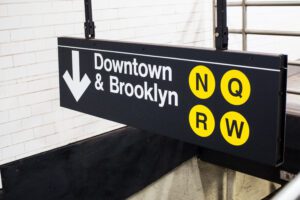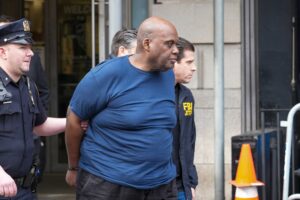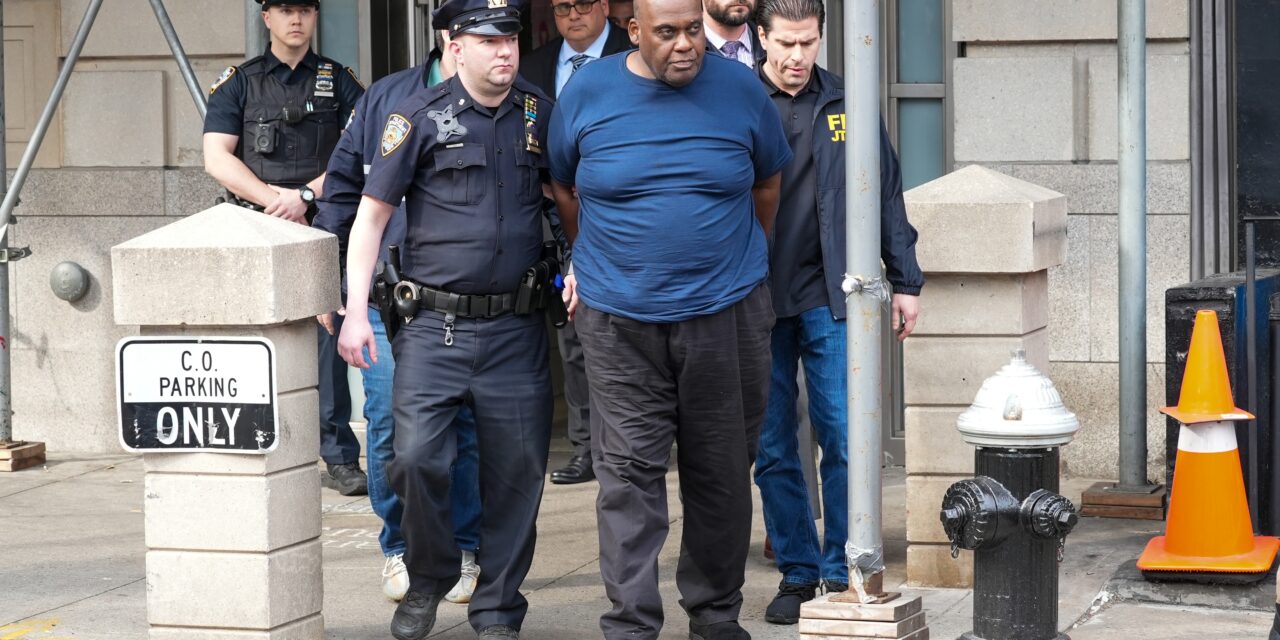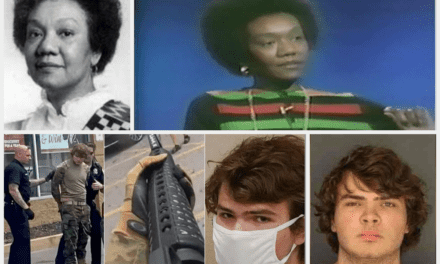 62 Frank James, the alleged gunman in last Tuesday’s shooting at Brooklyn 25th Street Subway Station, will receive psychiatric attention at the federal lockup where he is being held without bail.
62 Frank James, the alleged gunman in last Tuesday’s shooting at Brooklyn 25th Street Subway Station, will receive psychiatric attention at the federal lockup where he is being held without bail.
It is alleged James detonated a smoke bomb in a packed subway car and a barrage of bullets from a 9mm Glock pistol striking 10 people and injuring 29 in total during the morning rush commute, fled the scene and was arrested after a 30-hour manhunt.
James faces charges of terrorism attributed to the Brooklyn Subway Shooting. His lawyers requested on Thursday that he receive psychiatric attention while in custody.
psychiatric attention while in custody.
On his YouTube channel “prophet oftruth88” which since the incident and his arrest have been canceled. James was transparent voicing his need for mental health treatment, albeit spewed among prejudice rants and violent threats.
These factors are bringing into question whether the Frank James is fit to stand trial. “…I do suffer from ‐ have a bad case of post-traumatic stress from all the things I’ve been through,” James said in a video.
James frequently voiced frustration with the availability to receive the care he believed essential to his wellbeing. The care he will finally receive in holding.
New York City Mayor, Eric Adams, previously pledged to improve the safety of subway conditions in addition to a push to make mental health treatments accessible to those in need.
Despite critical views James held for Mayor Adam’s subway & mental health plans, the aftermath of the subway shooting has only served to invigorate Adam’s advocacy for more mental health support.
 “We need the funding from the state to open more mental health beds,” Mayor Adams stated. “I rallied with [the New York State Nurses Association] during the height of Covid to talk about the closing of mental health beds they will use for the emergency Covid medical needs, but now we need to get more beds online.”
“We need the funding from the state to open more mental health beds,” Mayor Adams stated. “I rallied with [the New York State Nurses Association] during the height of Covid to talk about the closing of mental health beds they will use for the emergency Covid medical needs, but now we need to get more beds online.”
In his video rants, James stated that New York’s mental health system failed him. His stance taken with the National Healthcare Quality and Disparities Report paints an alarming picture that more than half of Americans needing mental health treatment do not receive it.
Studies provide comfort with results conveying that most people manage their psychiatric illnesses in ways that are not violent.
However, with the availability of adequate mental health treatment lacking across the nation, a poor substitute has insidiously moved in its stead
“Anytime someone’s internal negative emotions spill out in terms of social media they are kind of sounding the alarm.” According to trauma therapist Simone Kilgore. “Those are warnings for those of us who know, love
or live near the person to say hey something is going on
“That load can feel so heavy that they want to release it. This is normal but if I can’t get to a therapist right away, don’t trust the idea of therapy, or if there is stigma around it, don’t have insurance or money; then social media has been that for folks”







It’s really a great and helpful piece of info. I’m happy that
you shared this useful information with us. Please stay us informed like this.
Thank you for sharing.
There are some attention-grabbing points in time on this article however I don抰 know if I see all of them middle to heart. There is some validity however I’ll take hold opinion until I look into it further. Good article , thanks and we want more! Added to FeedBurner as well
I was very happy to find this internet-site.I wished to thanks on your time for this glorious learn!! I undoubtedly enjoying each little little bit of it and I’ve you bookmarked to take a look at new stuff you weblog post.